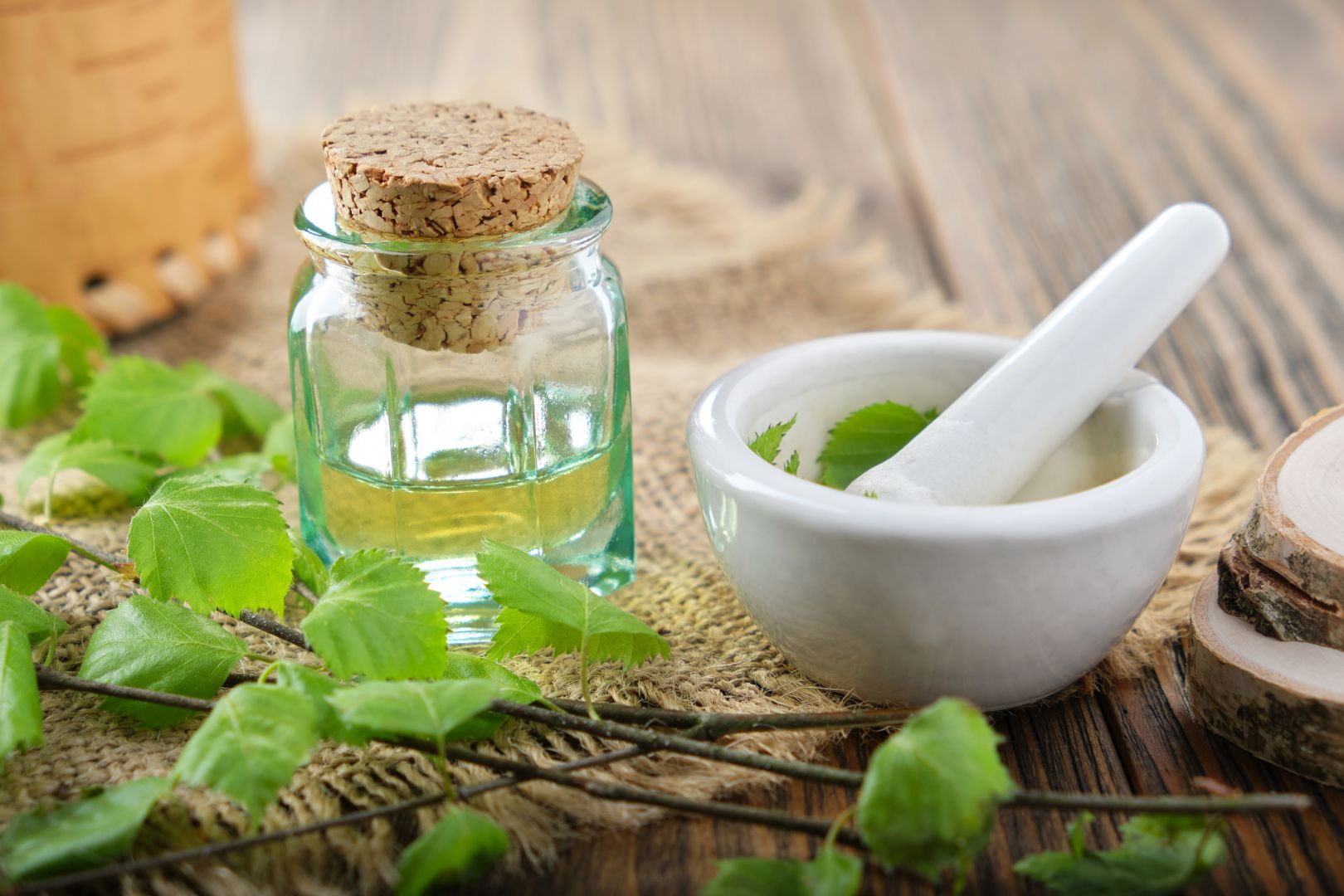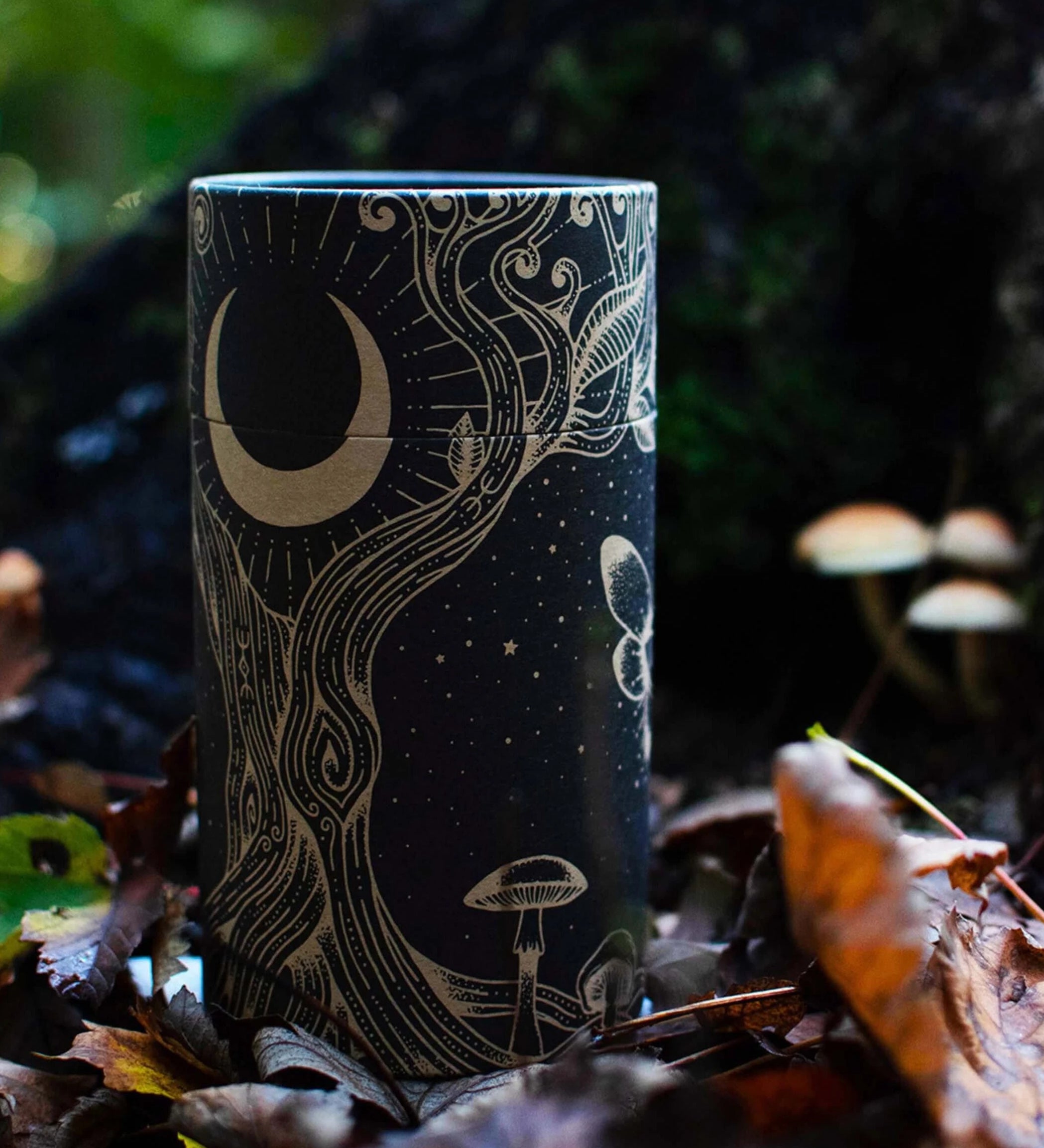What can birch sugar, also known as xylitol, do?

What sounds more appealing, xylitol or birch sugar?
The fact that the first term is perhaps associated with an unknown, artificial and potentially harmful substance is probably due, among other things, to the opaque food industry. The question of whether xylitol is carcinogenic also comes up again and again. The same phenomenon can be observed with regard to food additives with E designations.
While “E640” doesn’t sound really healthy, we already know under its other name “glycine” that it is one of the most natural and healthiest amino acids (click here for the blog article about glycine).
We recently received feedback from a customer that she would prefer we remove xylitol from our products because it is “shown to impact the microbiome.” That inspired us to write this article.

And in fact: Xylitol can have a laxative effect in larger quantities, but only from 200g daily. Through habituation, these reactions would actually decrease, even with such a large amount.
However, there is an even more interesting effect that has been demonstrated in recent years:
Xylitol actually seems to influence the ratio between the bacterial strains Bacteroides and Firmicutes in favor of the former.
What are Bacteroides and Firmicutes?
Bacteroides are strains of bacteria in the intestines that are very inefficient at utilizing food. What initially sounds unhealthy is actually the opposite: due to inefficient bacteria in the intestines, we don't gain weight as quickly.
Firmicutes can extract a lot of nutrients from very little food. This is an advantage in the fight for survival, but has negative consequences in modern society. These are called insulin resistance, diabetes, obesity and impaired satiety ( 1. ).
These bacterial strains have also attracted attention in some animal and human studies. Here, the microbiome of slim mice was first transferred to overweight mice, after which they returned to normal weight while maintaining the same calorie intake. Based on these discoveries, some human studies were then carried out, albeit in small groups (less than 200 people). However, the potential for a future therapeutic approach to genetic obesity was already apparent here ( 1. ).
The fact that xylitol shifts the ratio in favor of the Bacteroides is actually a positive effect.
Additionally, xylitol has been found to stimulate the production of short-chain fatty acids ( 2. ).
What are short chain fatty acids?
As scientific findings show, there is a direct connection between the microbiome in the gut and our immune system ( 3. ). Among other things, the short-chain fatty acids that are produced by certain bacteria in the intestine are responsible for this. To do this, the bacteria need fiber.

As some studies have found, it is precisely these short-chain fatty acids that can correct an unfavorable composition of intestinal bacteria.
Because they serve as food for those bacteria that have a particularly high protective function for the human organism: For example, they prevent inflammation and protect against an overactive immune system by maintaining the natural barrier function of the intestinal mucosa ( 3. ).

Short-chain fatty acids and energy production
But they also play an important role in the metabolism of our cells. The special fatty acid butyrate (butyric acid) is required for ATP production in the mitochondria ( 4. ). We have already written about how this works in our blog article “ How Cordyceps increases your performance ”.

Source: imd-berlin
Xylitol and tooth decay
Xylitol has also proven to be an effective method in caries prevention. It intervenes in the metabolism of the tooth decay bacteria so that acid is no longer produced. This inhibits bacterial growth and attachment to the tooth. Plaque formation is only possible if the PH level in the mouth is acidic. Brushing your teeth is therefore not only important for mechanical cleaning but, in conjunction with toothpaste or other methods, also important for regulating the PH value in the mouth.
Xylitol and motherhood
A Finnish study ( 5. ) shows how valuable xylitol can be for dental health right from the start of life. Caries bacteria from parents are quickly passed on to children via saliva.
“Those mothers who used xylitol chewing gum four times a day three to 24 months after the birth of their children were 70 percent less affected by tooth decay at the age of five than the children in comparison groups!”
How is xylitol made?
Birch trees are not only the host tree for our beloved Chaga mushroom, but they also accumulate a wood sugar called xylose in their bark. Although xylose is traditionally boiled from birch bark, which is still produced today as a waste product from wood production, corn leftovers are often used because this also contains xylose and corn naturally grows back much faster. Through fermentation, the xylose (wood sugar) is finally converted into xylitol.
Is xylitol carcinogenic?
It should be clear by now that xylitol is not carcinogenic. Contrary to popular opinion, the German Cancer Research Center also shows that xylitol is harmless . The situation is different with sucralose, for example. In this assessment, the Federal Office for Risk Assessment shows that heating sucralose above 120° can produce potentially carcinogenic substances.
blood sugar level
The blood sugar level hardly rises after consuming xylitol, digestion takes place almost without insulin, which can help prevent food cravings.

All of these reasons led us to use xylitol as a sugar alternative for our goatmeal . Have you tried it yet?
Sources:
1. Bacteroides and Firmicutes
-
The gut microbiota and its relationship to diet and obesity
https://www.ncbi.nlm.nih.gov/pmc/articles/PMC3427212/ -
Impact of Fecal Microbiota Transplantation on Obesity and Metabolic Syndrome—A Systematic Review
https://www.ncbi.nlm.nih.gov/pmc/articles/PMC6835402/
2. Xylitol stimulates short-chain fatty acids
-
Effects of Consuming Xylitol on Gut Microbiota and Lipid Metabolism in Mice
https://www.mdpi.com/2072-6643/9/7/756/htm
3. Microbiome & Immune System
-
The role of gut microbiota in immune homeostasis and autoimmunity
https://www.ncbi.nlm.nih.gov/pmc/articles/PMC3337124/ - An Overview of the Innate and Adaptive Immune System in Inflammatory Bowel Disease
https://academic.oup.com/ibdjournal/article/23/1/2/4595517
4. Short-chain fatty acids and energy production
- Donohoe, Dallas R., et al. "The microbiome and butyrate regulate energy metabolism and autophagy in the mammalian colon." Cell metabolism 13.5 (2011).
https://pubmed.ncbi.nlm.nih.gov/21531334/
5. Xylitol and tooth decay
0 comments






